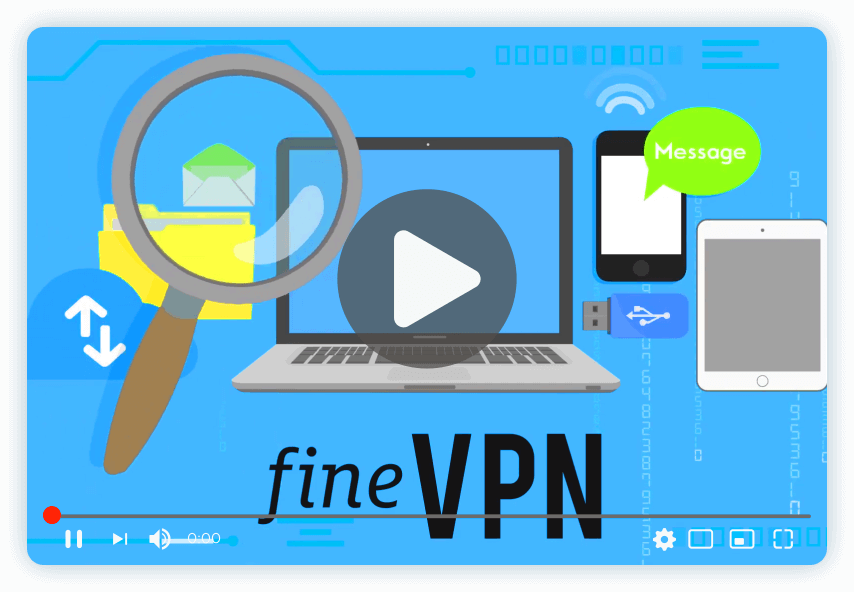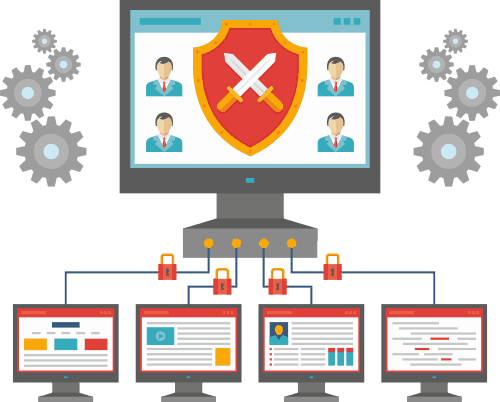In the digital age, the security of voice and video calls is paramount. With the increasing prevalence of cyber threats, safeguarding your online conversations is more important than ever. This necessity brings us to the critical role of Virtual Private Networks (VPNs) in enhancing the privacy and security of online communications.
Understanding Secure Voice and Video Calls
Secure voice and video calls employ end-to-end encryption to ensure that only the communicating users can listen to or view the conversation. This encryption mechanism protects the data from eavesdroppers, hackers, and even the service providers themselves. However, despite the encryption provided by many communication platforms, vulnerabilities can still exist, especially when connecting through unsecured or public Wi-Fi networks.
The Role of VPN in Secure Communications
A VPN plays a vital role in secure voice and video calling by creating a private tunnel for your internet connection. It masks your real IP address and encrypts all the data you send and receive. This encryption occurs before the data leaves your device, ensuring that your conversations remain private and secure, even on unsecured networks.
Why Use a VPN for Secure Voice and Video Calls?
- Enhanced Privacy: A VPN hides your real IP address, making it difficult for third parties to track your location or intercept your communications.
- Improved Security: With robust encryption protocols, a VPN ensures that your voice and video calls are protected from eavesdropping and cyber threats.
- Access to Restricted Content: VPNs can bypass geo-restrictions, enabling access to voice and video call services in regions where they might be blocked.
- Network Control and Management: VPNs can provide a stable connection even in fluctuating network conditions, ensuring clear and uninterrupted calls.
Potential Challenges with VPN for Voice and Video Calls
While VPNs significantly enhance security, there are potential challenges:
- Performance Issues: Encryption can sometimes slow down your connection, potentially affecting call quality.
- Compatibility: Certain devices or platforms may have compatibility issues with VPN software, requiring configuration adjustments.
- VPN Blocks: Some networks or countries may restrict the use of VPNs, necessitating the use of stealth VPN technologies or alternative servers.
Why FineVPN Stands Out for Secure Voice and Video Calls
FineVPN offers a free, high-quality VPN service that addresses the specific needs of secure voice and video calling:
- Robust Encryption: FineVPN employs state-of-the-art encryption protocols to secure your communications.
- High-Speed Servers: With servers optimized for speed, FineVPN minimizes the impact on call quality.
- No-Log Policy: FineVPN’s strict no-log policy ensures that your activities and conversations are not recorded or stored.
- Ease of Use: FineVPN’s user-friendly interface makes it simple to connect and secure your calls.
Setting Up FineVPN for Enhanced Call Security
To use FineVPN for secure voice and video calls, follow these steps:
- Download and Install Wireguard: Start by downloading the Wireguard application for your device.
- Obtain FineVPN Configuration File: Visit the FineVPN website to download your specific configuration file.
- Import Configuration to Wireguard: Open Wireguard, import the FineVPN configuration file, and establish the connection.
- Enjoy Secure Calls: With the VPN active, your voice and video calls are now encrypted and secure.
In conclusion, leveraging a VPN like FineVPN can significantly enhance the security and privacy of your voice and video calls. By understanding the benefits and potential challenges, and following the simple setup process, you can safeguard your online communications against cyber threats and eavesdropping, ensuring that your conversations remain private and secure.












